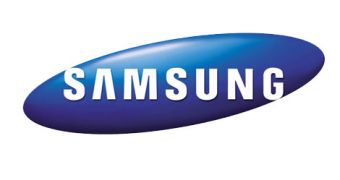South Korean mobile phone maker Samsung says that they are fighting a fair fight against Apple both on shelves and in the court of law, although the feud with the iPhone maker has escalated to a new phase.
It's no mystery that Apple and Samsung have been long fighting on the mobile market, and that their fight has even resulted in some of their products being banned in various markets around the world.
Specifically, Samsung's Galaxy Tab 10.1 tablet PC has been banned in Australia and Germany, as judges ruled in favor of Apple in some of the lawsuits the Cupertino-based company filed against Samsung.
Samsung is also trying to ban the Apple iPhone, and filed a series of lawsuits claiming the infringement of various patents it holds in the wireless segment, but has achieved nothing so far.
Moreover, it seems that the European Commission has just decided to have a look at Samsung's claims, to determine whether they are indeed true or not.
According to Samsung, they are, as the company has always been fair and square when it came to intellectual properties.
“Samsung has at all times remained committed to fair, reasonable and non-discriminatory licensing terms for our wireless standards-related patents,” the company's official statement on the matter reads, according to Dutch website Webwereld.nl.
“We have received a request [for information from the] Commission and are cooperating fully. Note that this is a preliminary investigation and the European Commission has not yet determined whether to conduct a full investigation.”
According to Apple, Samsung is not being as fair as it says it is. The company holds a series of patents essential to the wireless industry, and Apple claims that it is actually abusing of them.
The European Commission did not specifically comment on the matter, but said that it has “sent requests for information to Apple and Samsung concerning the enforcement of standards-essential patents in the mobile telephony sector.”

 14 DAY TRIAL //
14 DAY TRIAL //